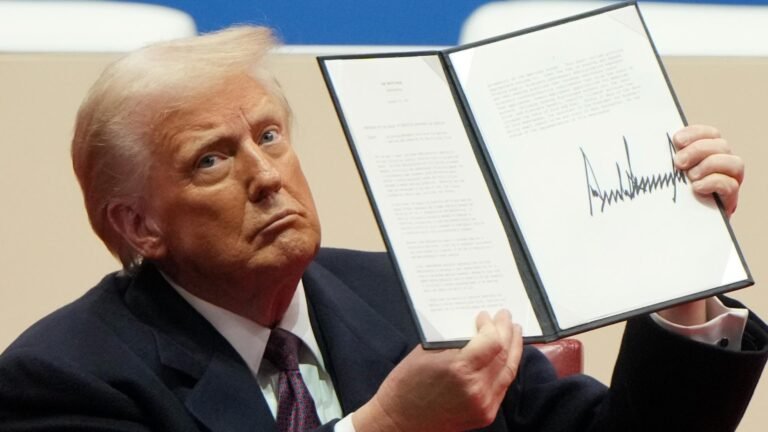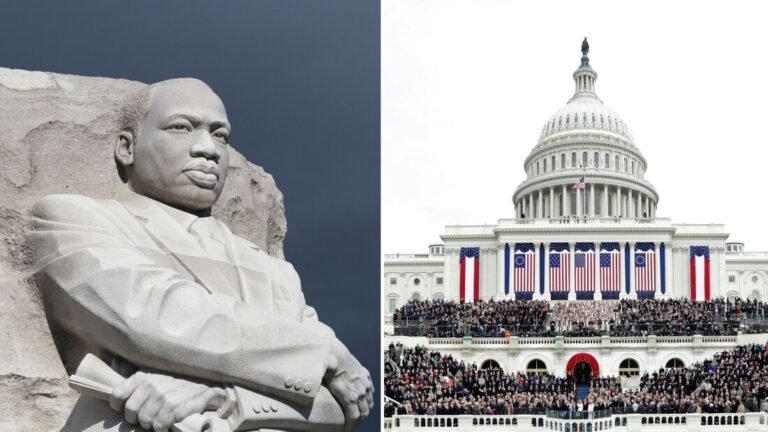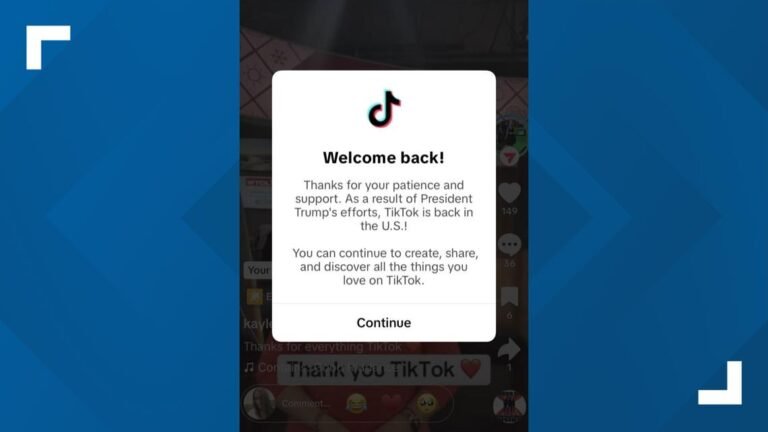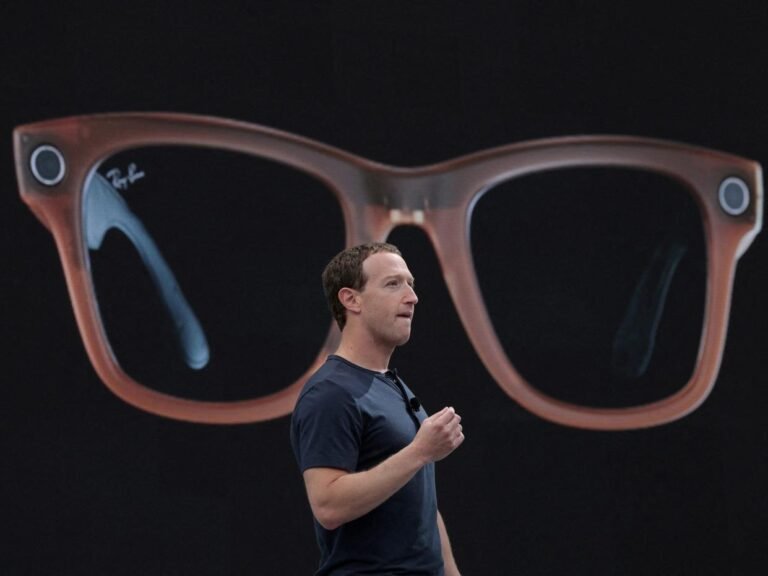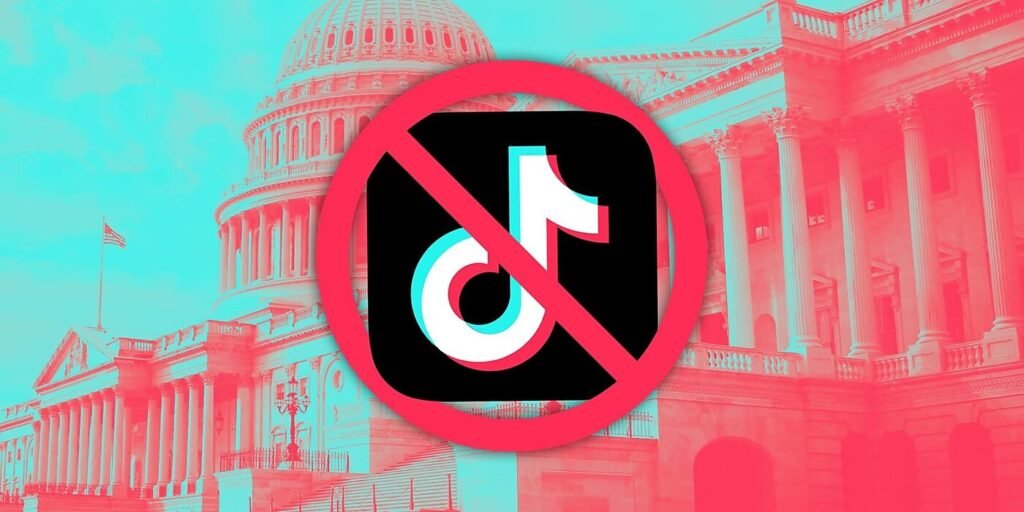
Supreme Court to Decide TikTok's Fate Amid Looming Ban Deadline
Supreme court is going to determine whether TikTok ban is legit or not. With the January 19 deadline approaching, TikTok’s China-based parent company, ByteDance, is urging the court to delay or overturn the law that threatens to force the platform’s shutdown in the United States.
This high-stakes case pits national security concerns against free speech rights, with over 170 million American TikTok users caught in the middle.
The TikTok Ban: A Collision of National Security and Free Speech
The ban, set to take effect on January 19, 2025, has been justified by the Biden administration as a necessary step to counter potential threats posed by TikTok’s Chinese ownership. Officials argue that the Chinese government could exploit ByteDance’s control of TikTok to access user data or influence public discourse.
However, TikTok and ByteDance maintain that these concerns are speculative. They argue there is no evidence that user data has been compromised or manipulated by the Chinese government. The platform’s advocates, including content creators and legal experts, claim the ban violates the U.S. Constitution’s free speech guarantees.
“Rarely if ever has the court confronted a free-speech case that matters to so many people,” said lawyers representing TikTok users.
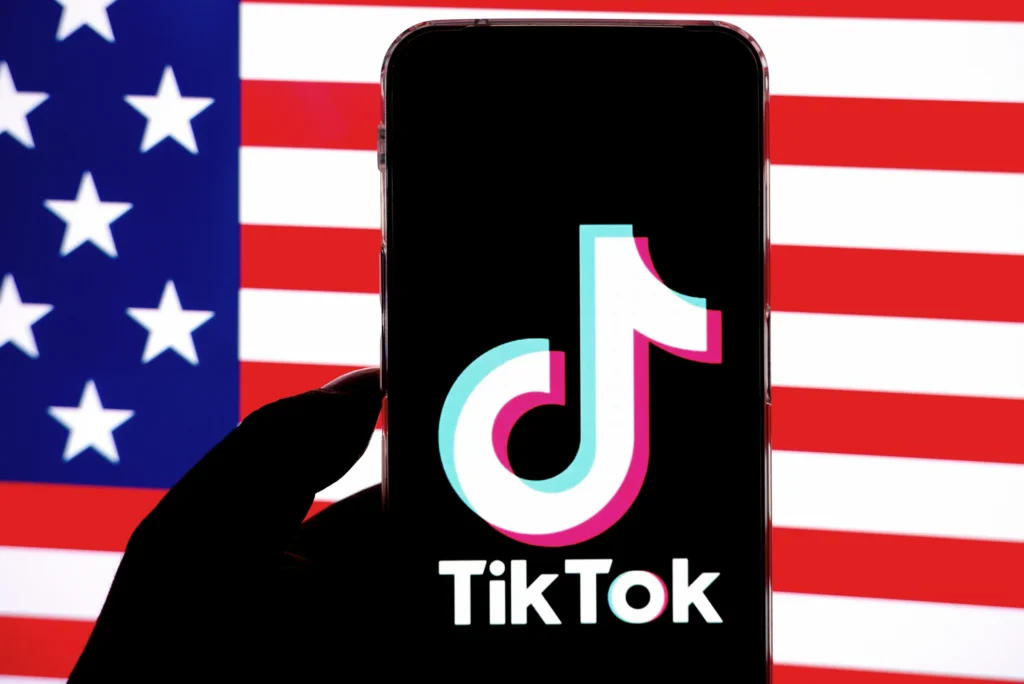
Potential Impacts of TikTok Getting Banned
If TikTok ban happens, users won’t be able to download the app or receive updates. Existing users will see the app eventually become obsolete, as their providers remove TikTok from devices. For creators and small businesses that rely on TikTok for income, the shutdown could be devastating.
Utah-based TikTok creator Maurissa Ashby, who earns her living on the platform, said the uncertainty is nerve-wracking.
“As it gets closer, it’s scary to think of it being a possibility,” she said. Ashby is diversifying her content across other platforms to prepare for a potential shutdown.
Small businesses like Ruby’s Natural Essentials also face challenges. Owner Ruby Seering noted that TikTok drives significantly more engagement than other platforms. “I’ve done the same videos on TikTok and Instagram, and the difference in reach is massive,” she said. TikTok ban may severely effect the revenue of TikTok influencers.
Why Is TikTok Getting Banned?
The government’s primary concern revolves around the app’s ownership. ByteDance has consistently stated that it does not share data with the Chinese government and would refuse if asked. However, U.S. officials cite the potential risk, especially given China’s laws that could compel companies to cooperate with state intelligence efforts.
Supporters of the ban liken it to restrictions on foreign ownership of radio stations, arguing that controlling TikTok’s operations is essential to protecting national security.
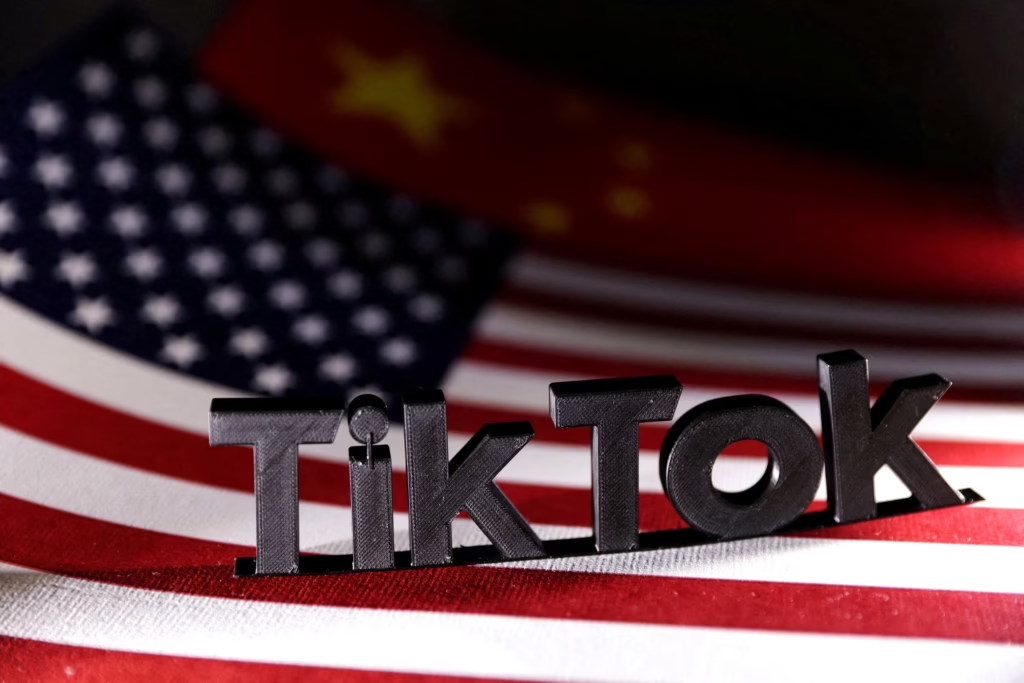
TikTok’s Last Stand in the Supreme Court
On Friday, the Supreme Court will hear arguments from multiple parties related to TikTok ban:
- The Biden Administration, defending the law signed in April that enables the ban.
- ByteDance and TikTok, which are seeking a temporary injunction.
- Content Creators and Users, who argue that the law violates their First Amendment rights.
Adding complexity, President-elect Donald Trump has requested the court delay the ban, signaling a desire to find a “political resolution” once he takes office. Trump’s legal team emphasized his ability to negotiate a deal to preserve TikTok while addressing national security concerns.
Is TikTok Actually Getting Banned?
A decision from the court could come within days, leaving little time for any last-minute negotiations or legislative actions.
If the court denies TikTok’s request, the app will begin shutting down in the U.S. starting January 19, 2025. This would include removal from app stores and the cessation of updates, though users would still be able to access the app until providers disable it entirely.
Experts suggest alternative paths to avoid a shutdown:
- Divestiture: ByteDance could sell TikTok to a U.S.-based entity, though such a deal would take time to finalize.
- Executive Action: Trump could delay enforcement of the ban for 90 days to allow further negotiations.
A Landmark Case for the Digital Age
This case represents one of the most significant legal battles of the social media era, with implications for digital platforms, national security, and free speech. As the Supreme Court deliberates, millions of Americans and businesses await the outcome that could reshape the social media landscape.
For now, the question on everyone’s mind remains: Is TikTok getting banned? The answer will come soon, as the clock ticks toward January 19.
